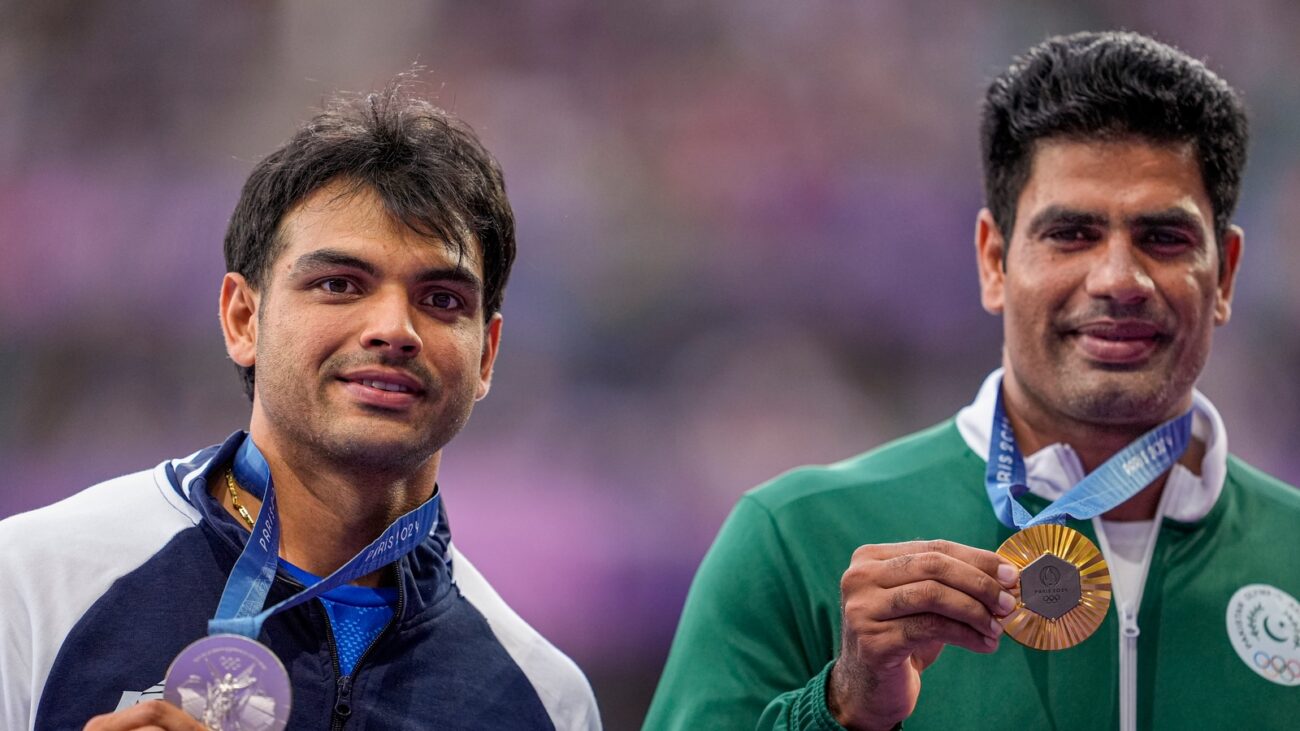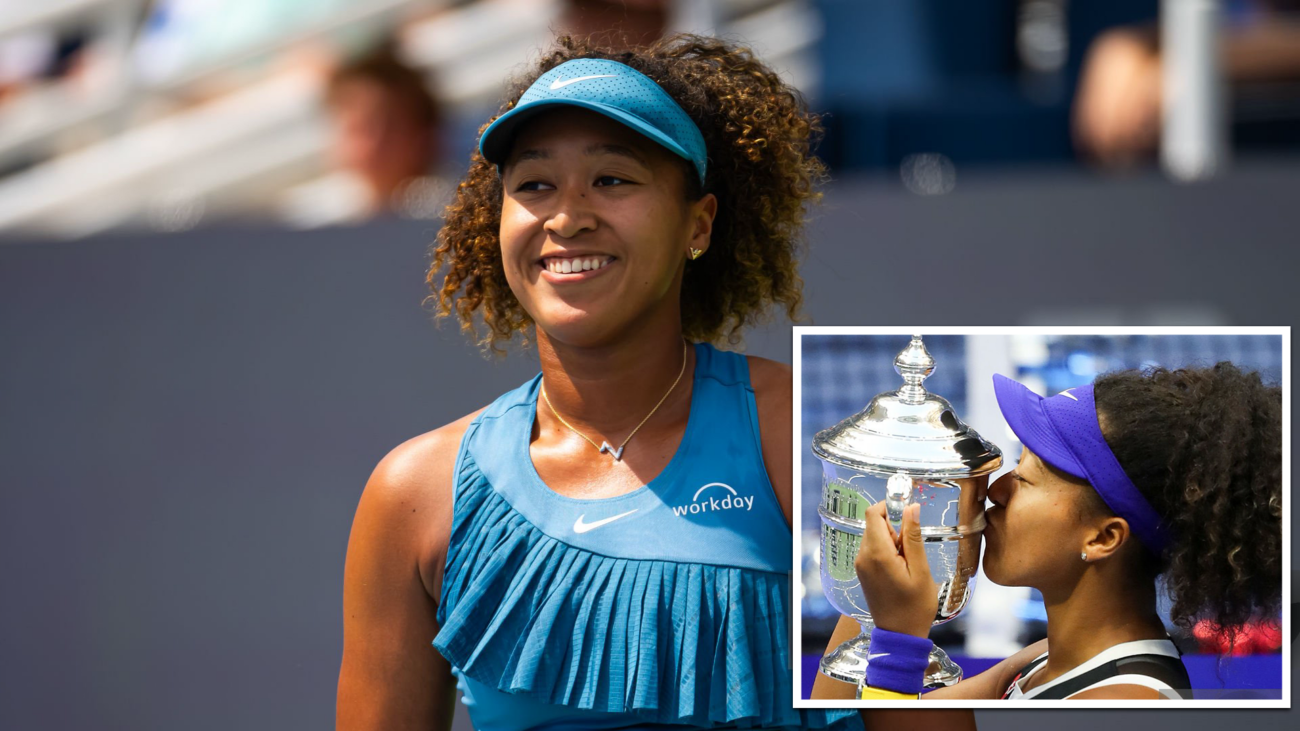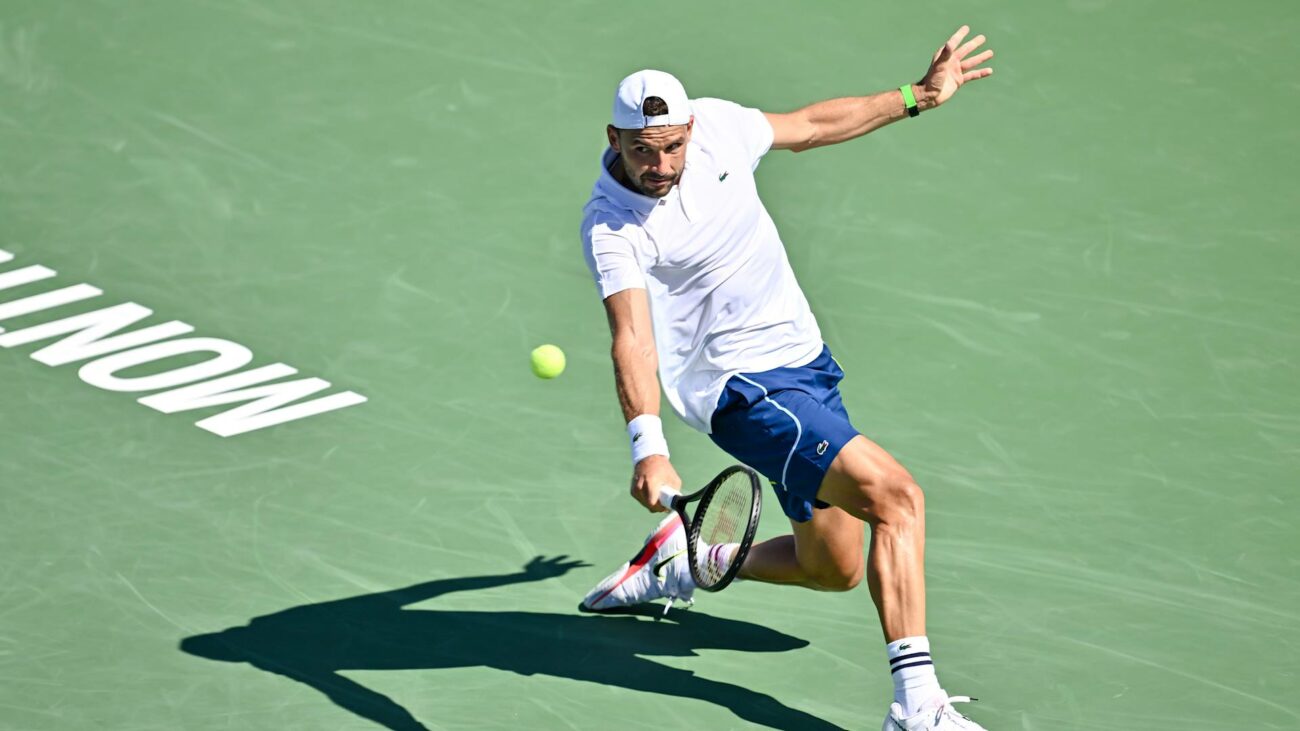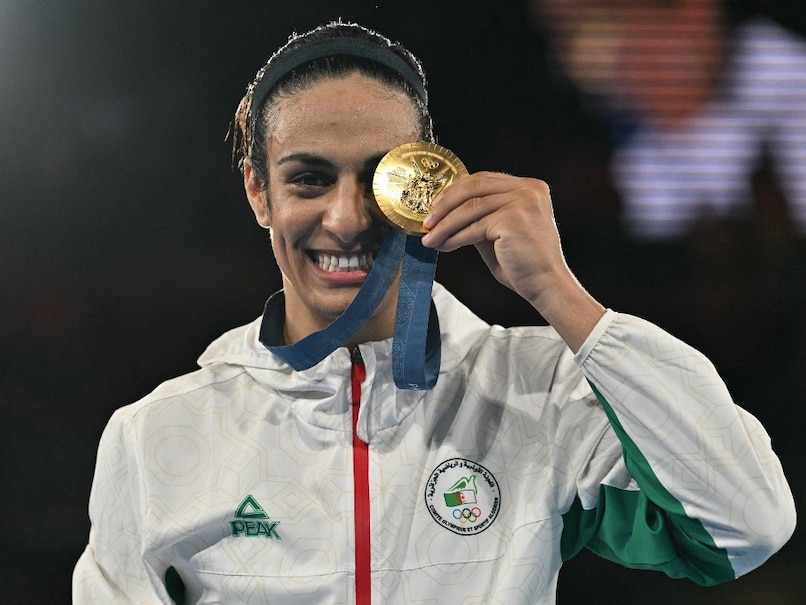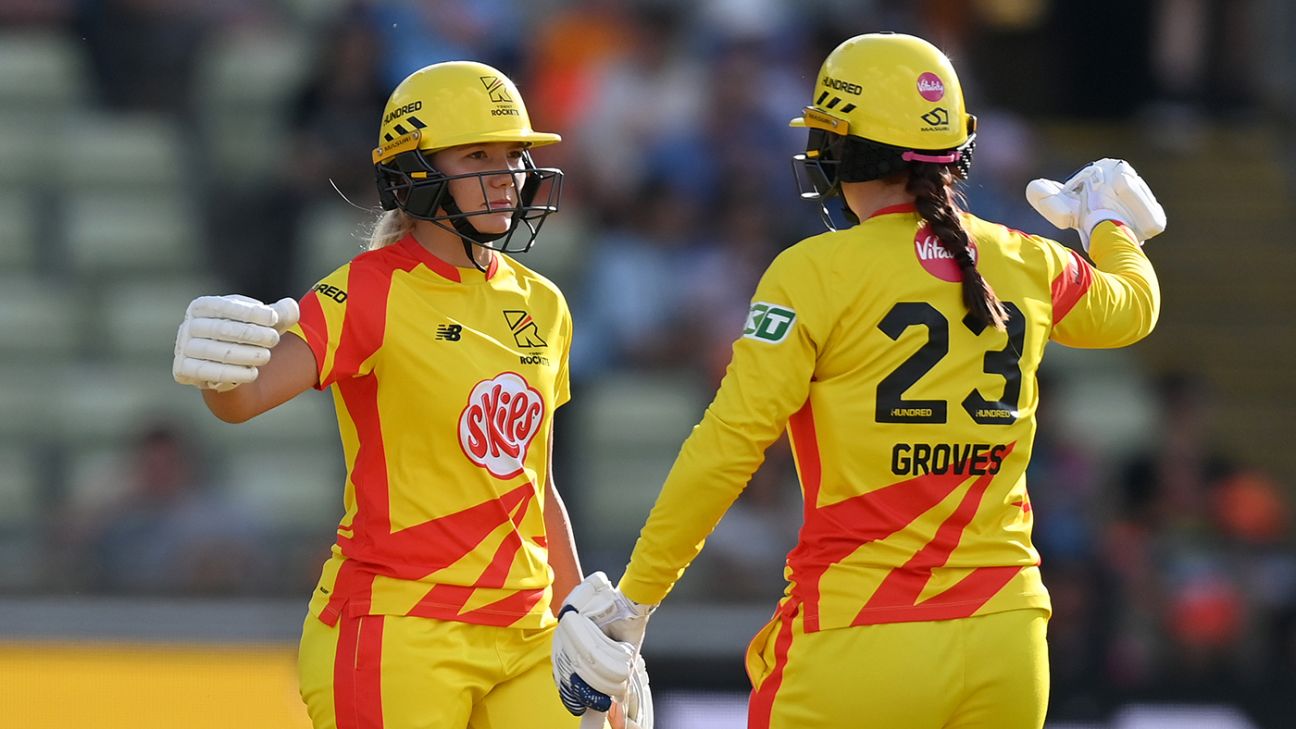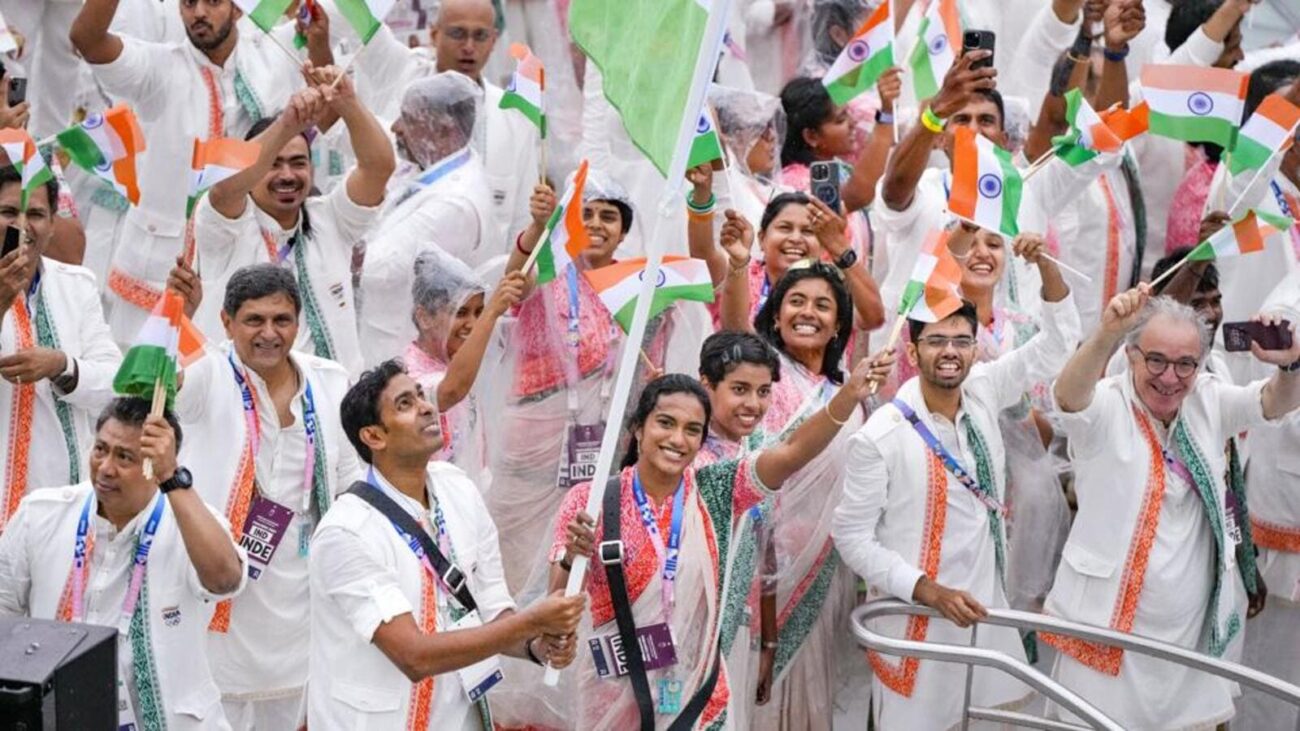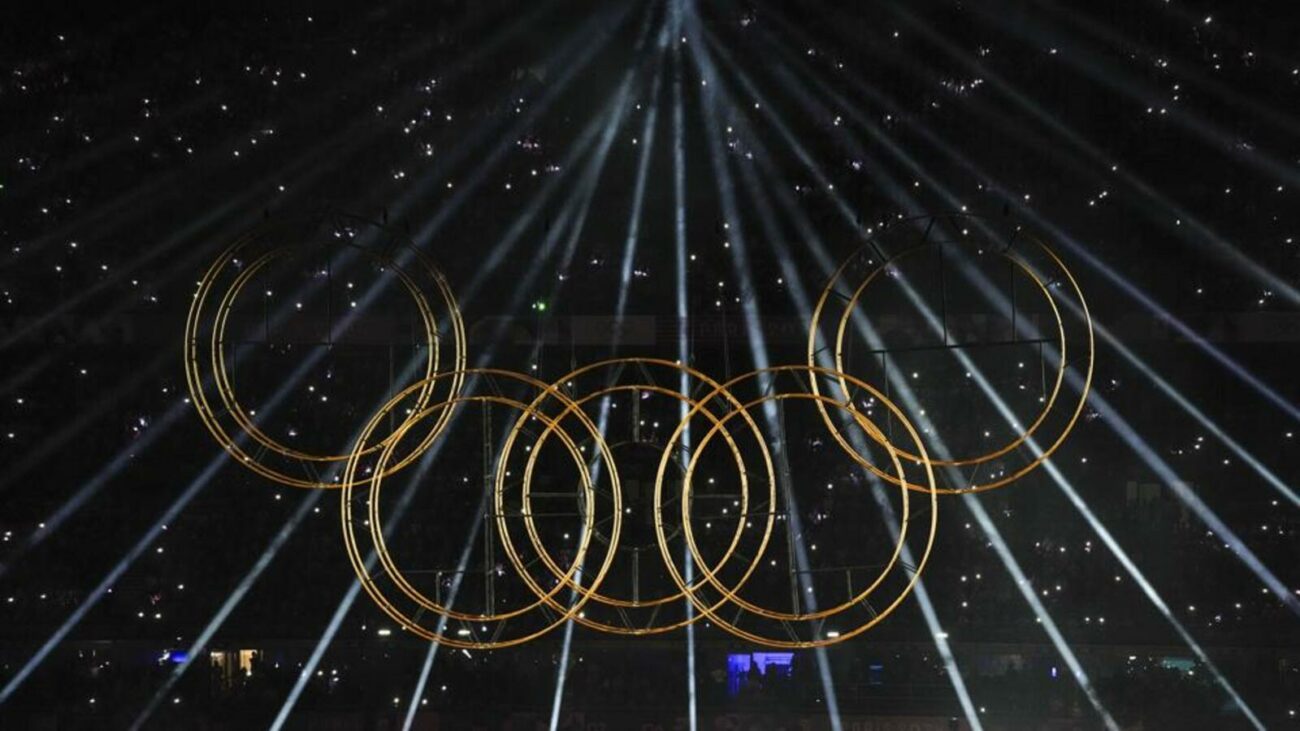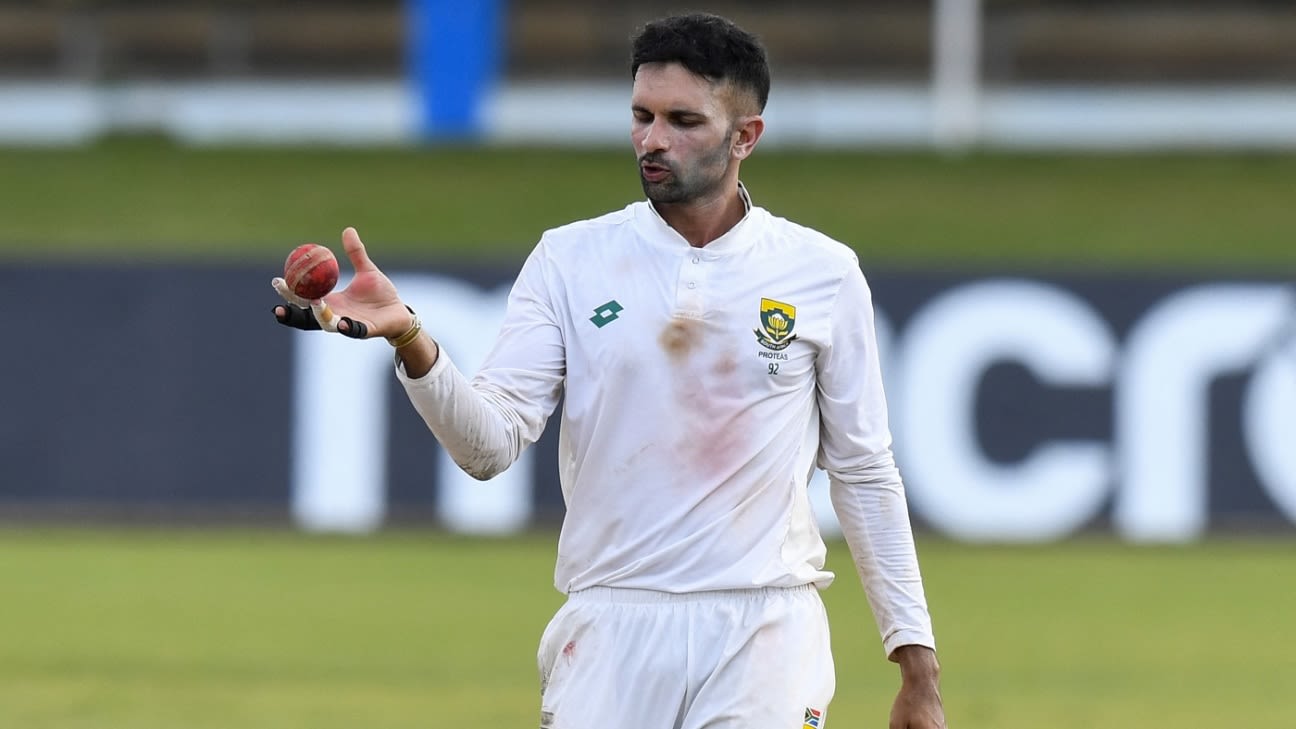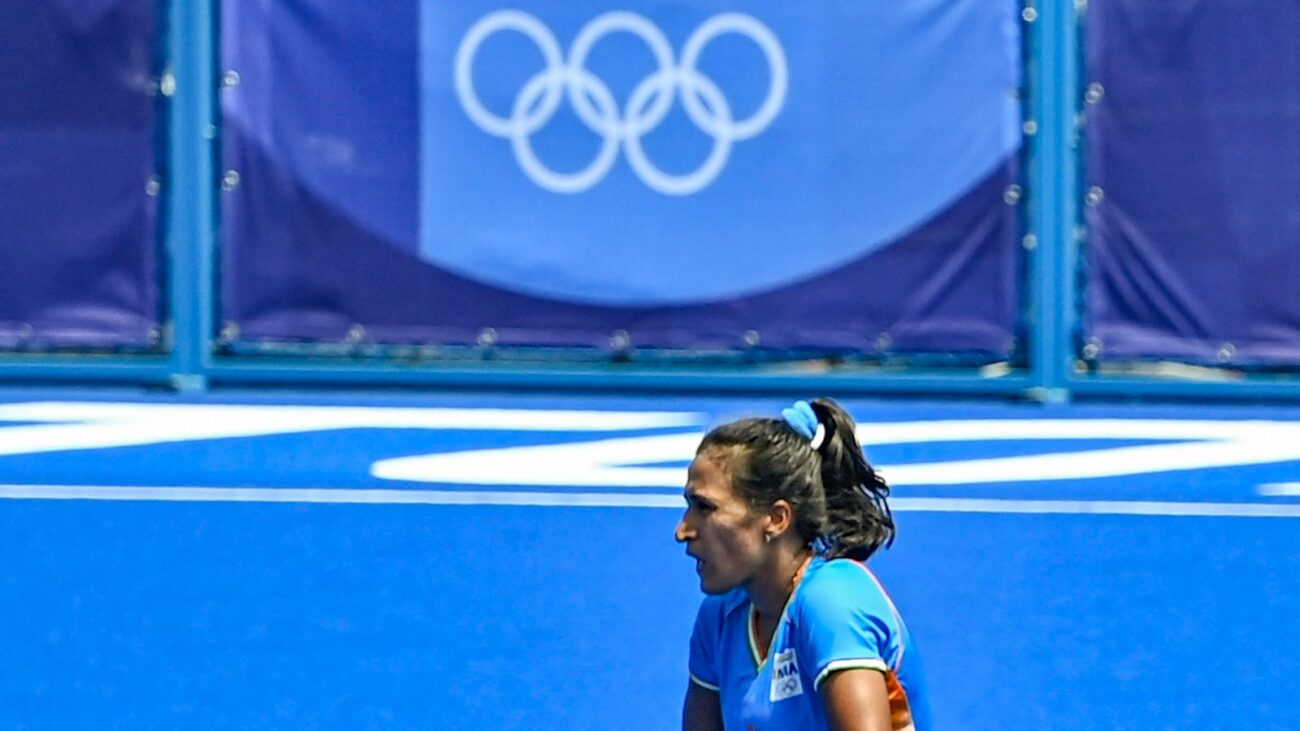India-Pakistan Javelin Rivalry Heats Up in Paris 2024
The rivalry between India and Pakistan, once confined to hockey, has found a new battleground in javelin throw. At the Tokyo 2020 Olympics, India’s Neeraj Chopra emerged victorious, while Pakistan’s Arshad Nadeem missed out on a medal. However, in Paris 2024, the tables turned.
Nadeem shattered the Olympic record to claim gold, while Chopra, despite an impressive throw of 89.45m, could only manage silver. To surpass Nadeem’s throw, Chopra would have needed to break his own personal best and cross the 90m mark, a feat he has yet to achieve.
Despite the disappointment, Chopra’s performance was lauded by Olympic gold medalist Abhinav Bindra. Bindra acknowledged the immense pressure on Chopra, who was expected to deliver gold. “He performed admirably,” Bindra said. “A lot of expectations were on him. It’s not easy to be in that spot, but he delivered.”
Bindra also highlighted the challenges of performing at the Olympics. “The Olympics is a very, very hard platform to perform at,” he said. “There’s external expectations, and you also have internal expectations, that just doesn’t allow you to let go.”
Athletes need a certain level of freedom to perform at their best, but that is often difficult to achieve at the Olympics. “Performance sometimes is almost artistic in nature,” Bindra explained. “That’s where you almost have to allow it to happen. And the ability to let go is very difficult.”
Despite the challenges, Chopra’s silver medal is a testament to his talent and determination. He has proven himself to be a formidable competitor, and the rivalry with Nadeem is sure to continue in the years to come.

